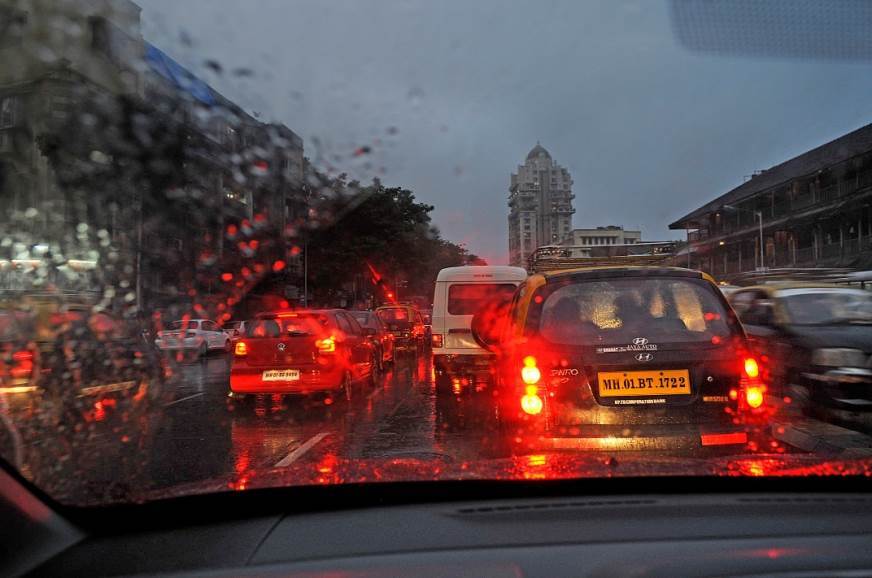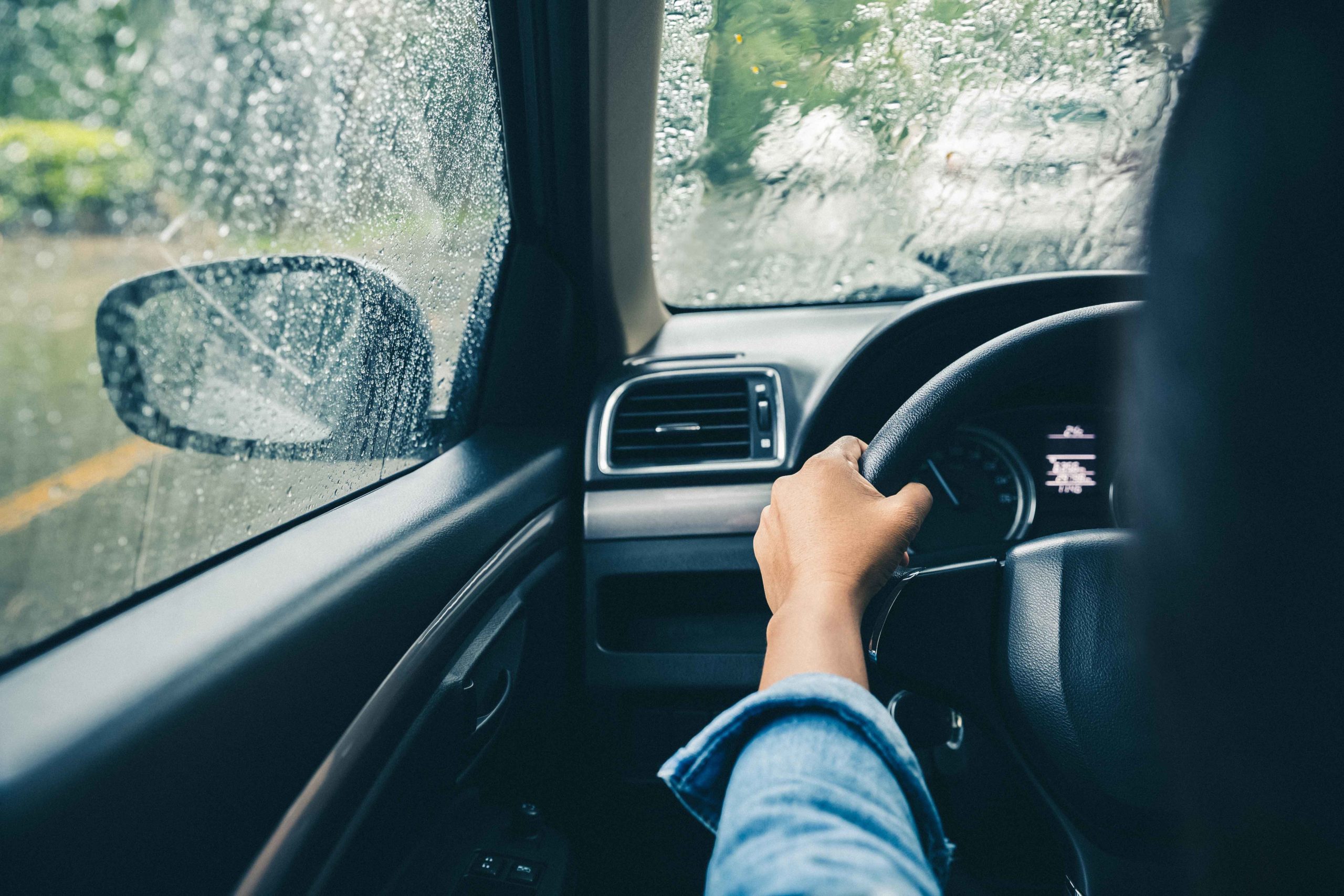Important Tips to Follow During Heavy Traffic Jam in Rain
Heavy rain can transform a routine commute into a challenging ordeal, especially when combined with heavy traffic. The combination of poor visibility, slick roads, and congestion can significantly increase the risk of accidents. To navigate through such conditions safely and effectively, it's essential to follow specific guidelines. Here are crucial tips to help you manage heavy traffic jams during rainy weather:
1. Slow Down and Maintain Safe Distances
One of the most critical adjustments you need to make in rainy weather is reducing your speed. Wet roads can reduce tire traction, making it easier for your vehicle to hydroplane. By slowing down, you give yourself more time to react to sudden changes in traffic conditions. Additionally, increasing the distance between your vehicle and the one in front of you is vital. This extra space provides a buffer in case of sudden stops or skids, allowing for safer braking.
2. Ensure Proper Tire Maintenance
Your tires are your primary point of contact with the road, making their condition crucial during rainy weather. Ensure that your tires have sufficient tread depth to channel water away from the tire surface effectively. Regularly check tire pressure and consider investing in high-quality, all-weather tires if you frequently drive in adverse conditions. Properly maintained tires can greatly enhance your vehicle's grip on wet surfaces.

3. Use Your Headlights Wisely
Visibility is often compromised during rainstorms, and using your headlights appropriately can improve your safety and that of others. Turn on your headlights to make your vehicle more visible to other drivers. Avoid using high beams as they can create glare and reduce visibility further. Additionally, keep your fog lights off unless visibility is extremely poor.
4. Avoid Sudden Maneuvers
Sudden movements can easily lead to loss of control, especially on slippery roads. Try to make all your driving inputs—such as steering, accelerating, and braking—smooth and gradual. Abrupt changes in direction or speed can cause your vehicle to skid, so plan your movements carefully and give yourself plenty of time to execute them safely.
5. Stay in Your Lane
Heavy rain and traffic congestion can lead to confusing road conditions. It's important to stay in your lane and avoid weaving between lanes to get ahead. Lane changes should be executed only when absolutely necessary and with full awareness of surrounding traffic. Use your turn signals to indicate any lane changes, and be vigilant for other drivers who may also be maneuvering through the traffic.

6. Keep Your Windshield Clear
A clear windshield is essential for maintaining visibility. Ensure that your windshield wipers are in good working condition and replace the wiper blades if they are worn out. Use your windshield washer fluid regularly to keep the glass free from dirt and grime. Additionally, if your car has a defogger system, use it to prevent interior condensation, which can further impair visibility.
7. Avoid Puddles and Flooded Areas
Driving through puddles and flooded areas can be hazardous and should be avoided if possible. Puddles can conceal deeper water or debris that could damage your vehicle or cause you to lose control. If you encounter a flooded area, try to find an alternate route. If driving through water is unavoidable, proceed slowly and cautiously to avoid splashing or creating waves that could affect other vehicles.
8. Be Prepared for Emergency Situations
Despite your best efforts, emergencies can still occur. Ensure that your vehicle is equipped with essential emergency supplies, such as a first aid kit, flashlight, and basic tools. Keep your phone charged and have a roadside assistance number handy. If you are involved in an accident or breakdown, pull over to a safe location, turn on your hazard lights, and seek assistance promptly.
.jpg)
9. Stay Calm and Patient
Driving in heavy rain and traffic can be frustrating, but maintaining a calm and patient demeanor is crucial. Aggressive driving or road rage can escalate dangerous situations and increase the risk of accidents. Focus on driving safely and stay aware of your surroundings. Patience will not only help you navigate the traffic more effectively but also contribute to overall road safety.
10. Plan Your Route in Advance
If possible, plan your route before you set out. Check weather and traffic conditions to avoid areas prone to flooding or severe congestion. Using navigation apps that provide real-time traffic updates can help you identify alternative routes and avoid potential delays.
In summary, driving through heavy traffic during rainy weather requires heightened caution and preparation. By following these tips, you can significantly reduce the risk of accidents and ensure a safer driving experience. Remember, safety should always be your top priority, especially when dealing with challenging weather conditions.
Also Read: Tips for Car Maintenance and Safety During Monsoon